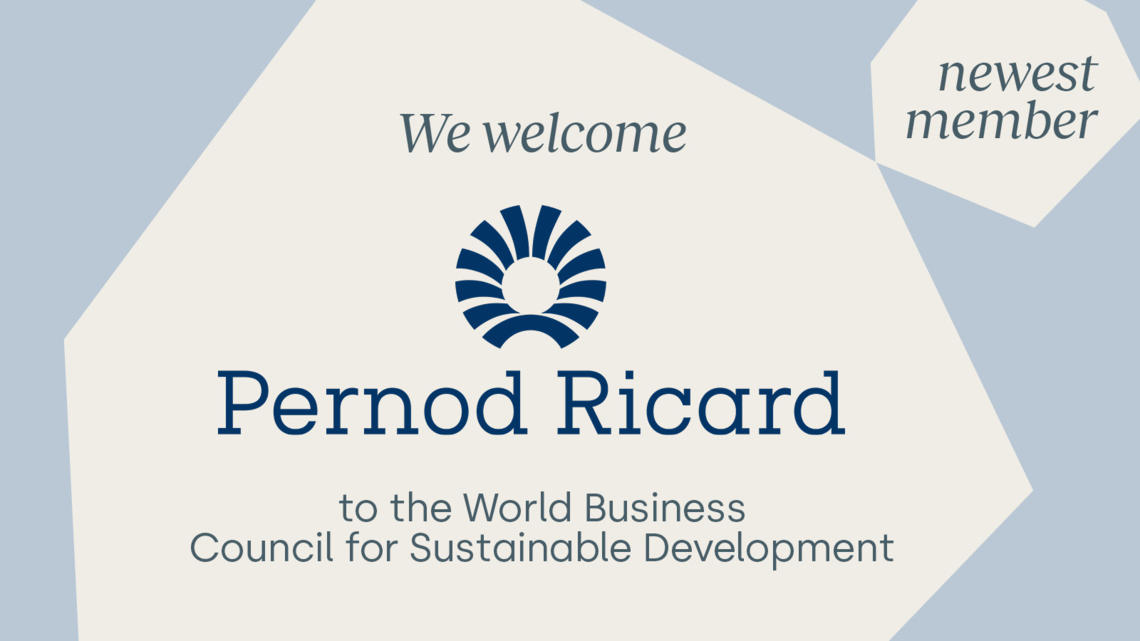The World Business Council for Sustainable Development (WBCSD) announces Pernod Ricard, a global leader in the wines and spirits industry, as its newest member.
Pernod Ricard is dedicated to bringing people together in a sustainable and responsible way, fostering authentic experiences, and forging new connections through its portfolio of premium wines and spirits. Built upon four key pillars - Nurturing Terroir, Valuing People, Circular Making, and Responsible Hosting, its 2030 Sustainability; Responsibility roadmap “Good Times from a Good Place” addresses all aspects of the business and directly supports the United Nations Sustainable Development Goals (SDGs).
As part of its membership, Pernod Ricard has also joined the One Planet Business for Biodiversity (OP2B) - an international, cross-sectoral and action-oriented business coalition on biodiversity with a specific focus on regenerative agriculture. Through this partnership, Pernod Ricard will drive transformational system change and catalyze action to protect and restore cultivated and natural biodiversity within agricultural value chains.
“We are delighted to welcome Pernod Ricard to WBCSD. By working with our community of business leaders to advance regenerative practices, Pernod Ricard is determined to foster positive change within agricultural systems. Together, we will leverage our collective expertise to drive meaningful progress towards a more resilient and regenerative future,” said Diane Holdorf, WBCSD Executive Vice President.
Maria Pia de Caro, Executive Vice President, Integrated Operations and Sustainability at Pernod Ricard added: “We are honored to join the WBCSD, collaborating with its members to drive innovation, resilience, and positive change from grain to glass. I firmly believe that collaboration and the sharing of best practices are key to making a profound impact and strengthening our collective efforts. As part of this commitment, we will also engage in the One Planet Business for Biodiversity (OP2B) initiative, focusing on scaling regenerative practices and protecting biodiversity within agriculture”.


